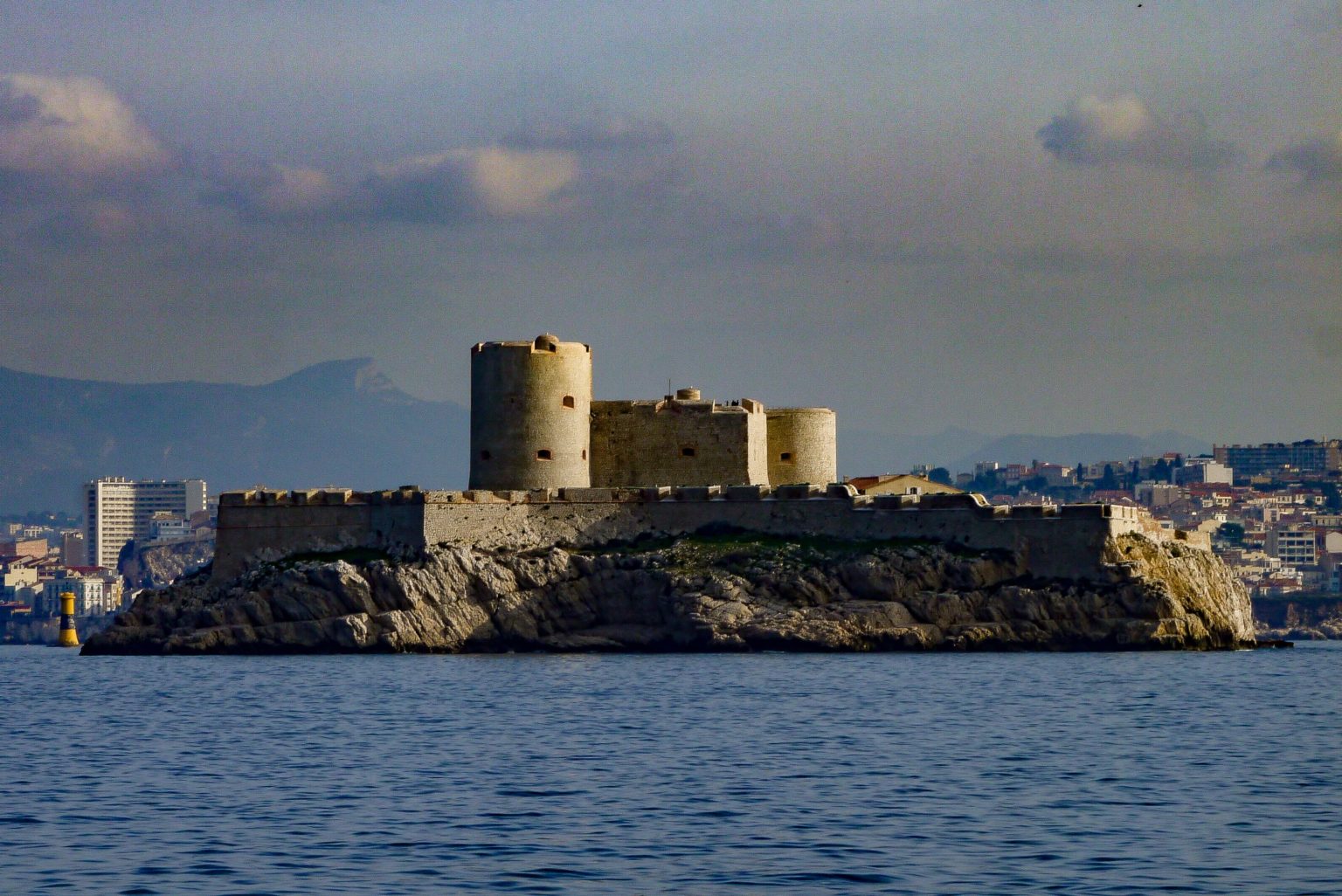The Count Of Monte Cristo: Is It Still Relevant Today? A Review.

Table of Contents
Enduring Themes of The Count of Monte Cristo
The enduring power of The Count of Monte Cristo lies in its exploration of timeless themes that resonate deeply with contemporary audiences. The novel isn't just a thrilling adventure; it's a profound exploration of human nature and morality. Key themes include:
-
The Cyclical Nature of Revenge: Edmond Dantes's quest for vengeance is central to the narrative. However, Dumas masterfully illustrates the destructive consequences of revenge, showing how it often consumes the avenger and perpetuates a cycle of suffering. This theme finds powerful parallels in modern-day discussions surrounding retribution, justice, and the importance of forgiveness.
-
The Complexities of Justice: The novel doesn't offer simple answers regarding justice. The legal system is shown to be fallible and easily manipulated, leaving Edmond to take matters into his own hands. This resonates with contemporary anxieties about systemic injustices and the challenges of achieving true fairness.
-
Betrayal and its Devastating Impact: Edmond's betrayal by those he trusted most forms the catalyst for his entire journey. The depth of this betrayal and its lingering emotional consequences are powerfully portrayed, highlighting the enduring pain and trauma caused by broken trust, a theme tragically relevant in modern relationships.
-
Redemption and Forgiveness: While revenge dominates much of the narrative, The Count of Monte Cristo also explores the possibility of redemption and forgiveness. Edmond's actions are driven by pain, but the novel subtly suggests that even those who inflict great harm might find a path toward redemption. This nuance adds complexity and depth to the otherwise straightforward revenge narrative.
-
Ambition and its Corrupting Influence: The antagonists, Fernand Mondego and Danglars, are driven by insatiable ambition and greed. Their relentless pursuit of power reveals the corrupting influence of unchecked ambition, a cautionary tale with obvious modern parallels.
-
Moral Ambiguity and the Grey Areas of Right and Wrong: Dumas avoids simplistic morality. The characters are multifaceted, making clear-cut judgments difficult. Edmond’s actions, while justified to some extent, are morally ambiguous, prompting readers to question the nature of justice and revenge. This complexity engages modern readers who appreciate nuanced storytelling beyond simple good versus evil narratives.
The Characters and Their Modern Appeal
The characters of The Count of Monte Cristo are not merely historical figures; they are complex individuals whose motivations and flaws resonate deeply with contemporary audiences.
-
Edmond Dantes: His transformation from an innocent, hopeful young man to a cunning and powerful Count is a compelling journey of both psychological and physical metamorphosis. His struggle with the trauma of unjust imprisonment and his calculated revenge remain strikingly relatable, even in a modern context.
-
Mercédès: Her conflicted loyalties and the consequences of her choices create a character of significant depth. She represents the collateral damage of betrayal and ambition, a victim caught in the crossfire of Edmond's quest for revenge.
-
Fernand Mondego and Danglars: Their jealousy, ambition, and ruthless pursuit of power are universal human traits that continue to fuel conflicts in modern society. These characters serve as cautionary tales against the dangers of unchecked greed and the seductive nature of power. Their betrayal of Edmond highlights the enduring human capacity for cruelty and self-interest.
-
Relatable Character Arcs: The enduring appeal of these characters lies in their psychological depth and relatable struggles. Their journeys, with their triumphs and failures, offer insights into human nature that transcend the historical setting of the novel.
The Count of Monte Cristo's Impact on Popular Culture
The enduring legacy of The Count of Monte Cristo is undeniable. Its influence extends far beyond the pages of the novel itself, with countless adaptations shaping popular culture:
-
Film and Television Adaptations: Numerous film and television adaptations have been produced over the years, each offering a unique interpretation of Dumas's masterpiece. These adaptations demonstrate the story's adaptability and its ongoing appeal to diverse audiences. They often update the setting or alter certain plot points, but the core themes remain remarkably consistent.
-
Use of Tropes in Modern Media: The story’s themes and characters have permeated modern media. The "mastermind seeking revenge" trope, the unjustly imprisoned protagonist finding redemption, and the treacherous betrayal by supposed friends are all staples of modern film, television, and video games.
-
Influence on Storytelling Techniques: The Count of Monte Cristo's intricate plot, suspenseful pacing, and well-developed characters have significantly influenced storytelling techniques in many genres. Its impact on adventure novels, thrillers, and even contemporary dramas is evident.
-
Ongoing Relevance of Themes: The story's exploration of revenge, justice, betrayal, and ambition remains strikingly relevant in contemporary narratives. Modern media frequently revisits these timeless themes, reflecting their continued resonance with audiences.
Criticisms and Counterarguments
Despite its enduring popularity, The Count of Monte Cristo has faced certain criticisms:
-
Length and Pacing: The novel's length can be daunting for some modern readers, and the pacing might feel uneven at times. However, the detailed character development and intricate plot justify the expansive narrative.
-
Melodrama: The novel's dramatic style might be perceived as melodramatic by some contemporary readers. However, this melodrama is integral to the storytelling, enhancing the emotional impact and heightening the sense of suspense. It's a style characteristic of its era, and understanding this historical context is key.
-
Historical Inaccuracies: Some historical inaccuracies have been noted. However, The Count of Monte Cristo is ultimately a work of fiction, and these inaccuracies don't detract significantly from the story's overall impact or its exploration of broader human themes.
Conclusion:
In conclusion, The Count of Monte Cristo remains remarkably relevant today. Its exploration of enduring themes, its compelling characters, and its significant cultural impact solidify its place as a literary masterpiece. The novel's continued adaptations and its ongoing influence on modern storytelling demonstrate its timeless appeal. Rediscover the timeless thrill of The Count of Monte Cristo – its enduring relevance will leave you captivated. Read it, watch an adaptation, or delve into further critical analyses – the world of Edmond Dantes awaits.

Featured Posts
-
 Sydney Sweeneys Relationship With Jonathan Davino A Look At Recent Sightings
May 04, 2025
Sydney Sweeneys Relationship With Jonathan Davino A Look At Recent Sightings
May 04, 2025 -
 National Election In Australia A Reflection Of International Political Trends
May 04, 2025
National Election In Australia A Reflection Of International Political Trends
May 04, 2025 -
 New Father Max Verstappens First Public Statement
May 04, 2025
New Father Max Verstappens First Public Statement
May 04, 2025 -
 Eddie Hearn Wants To Retain Edgar Berlanga Plant Or Charlo Next
May 04, 2025
Eddie Hearn Wants To Retain Edgar Berlanga Plant Or Charlo Next
May 04, 2025 -
 Britains Got Talent Halted Hosts Sudden Announcement Explained
May 04, 2025
Britains Got Talent Halted Hosts Sudden Announcement Explained
May 04, 2025
